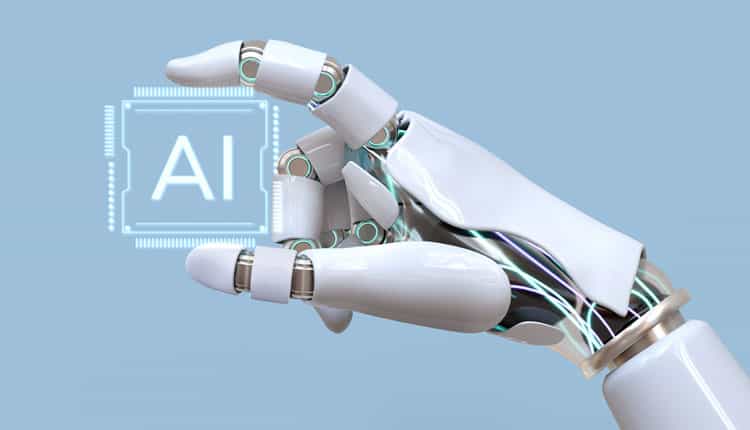By Prof. Shrihari Dhole, Assistant Professor, MIT-WPU School of Photography
In the dynamic world where art meets technology, photography stands as a testament to this fascinating intersection. Photography has been significantly altered by the development of artificial intelligence (AI) and machine learning (ML), which has affected many other
industries. This article aims to take you on a journey through the exciting world of technology-infused photography, exploring how AI and ML are reshaping the field. Our goal is to inspire budding photographers and students to consider the impactful and rewarding field of photography, particularly in this era of rapid technological advancement.

The Confluence of Photography and Technology
Photography has always been a field that embraces technological advancements. From the evolution of camera designs to the development of photo editing software, technology has continually shaped and expanded the boundaries of what is possible in photography. Today, AI and ML are the new frontiers, offering unprecedented opportunities to enhance creativity and efficiency in photography.
AI and Machine Learning in Photography
AI and ML are transforming photography in several ways. One of the most significant impacts is in the area of image processing and editing. The software equipped with AI and ML capabilities can automate complex editing tasks, identify and correct image flaws, and even suggest improvements to composition. This not only saves time but also allows photographers to focus more on their creative vision.
AI is also revolutionising the field of computational photography, which involves using
advanced algorithms to enhance image quality and enable new photographic techniques.
Features like HDR (High Dynamic Range) imaging, depth perception, and low-light
processing, which was once exclusive to high-end cameras, is now available in smartphone cameras, thanks to AI.
Moreover, ML algorithms can analyse vast amounts of data to recognise patterns and make
predictions. In photography, this can be used for tasks like object recognition, scene
recognition, and even predicting the best settings for a particular shot. This can be
particularly useful in fields like wildlife photography, where ML algorithms can help identify species, track movements, and predict behavior.
The Future of Photography: AI and ML
The integration of AI and ML in photography is just the beginning. We may anticipate even
more intriguing breakthroughs in the future as these technologies progress. For instance, AI
could be used to create hyper-realistic virtual models for fashion photography, or ML
algorithms could be used to analyse and learn a photographer’s unique style, and then apply it consistently across their work.
For students considering a career in photography, this presents a world of opportunities. Not only will you be mastering the art of capturing light and moments, but you will also be at the forefront of technological innovation. This fusion of art and technology can open up new avenues for creativity and offer unique ways to express your vision.
In conclusion, the intersection of technology and photography, particularly with the advent of AI and ML, is creating a new paradigm in the field. It is enhancing the capabilities of
photographers, transforming the way we process and edit images, and even redefining what is possible in a photograph. For students considering a career in photography, this is an exciting time. The field is not just about capturing beautiful images; its about leveraging cutting-edge technology to push the boundaries of creativity. Its about being part of a rapidly evolving field that is as much about innovation as it is about art.
So, if you’re a student with a passion for photography and a curiosity about technology, consider exploring the dynamic field of photography in this era of AI and ML. It’s not just about taking pictures; its about being at the forefront of technological innovation, shaping the future of photography and telling stories in ways we are just beginning to imagine.

